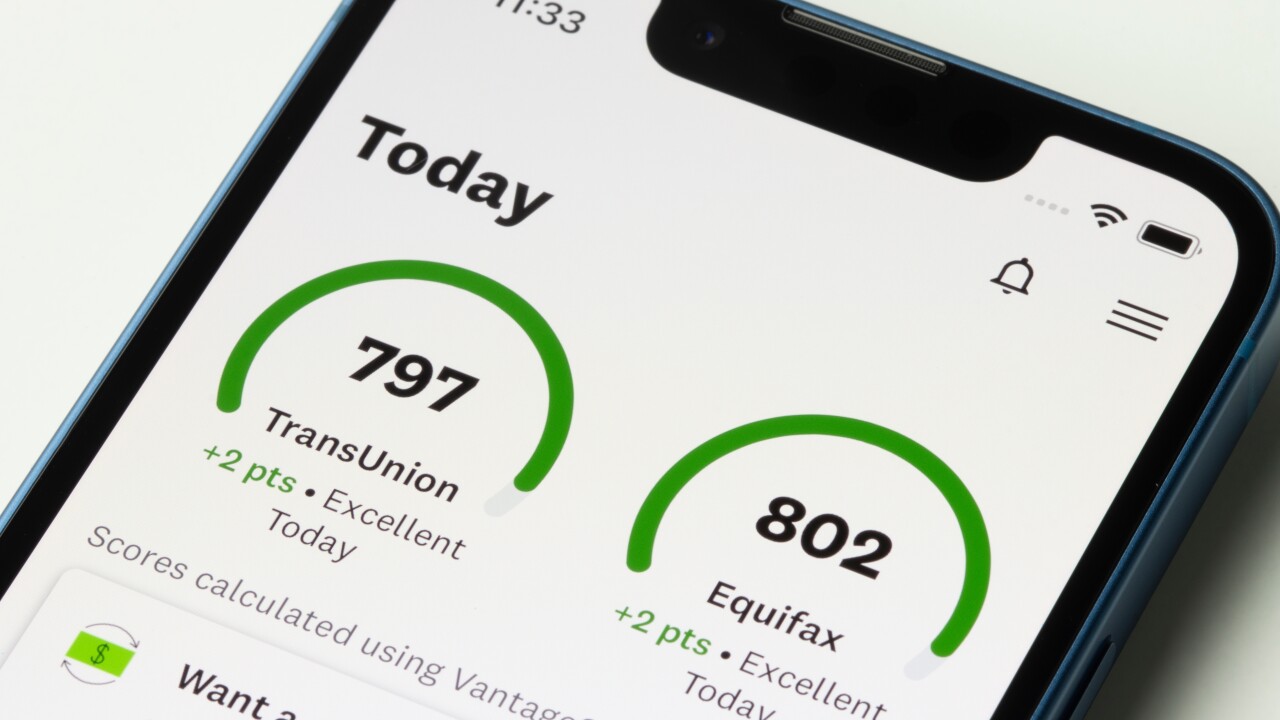A pair of borrowers who sued Mr. Cooper for allegedly steering them away from a pandemic-related loss mitigation plan have reached a settlement with the company, according to court records.
James Groves and Judith Bartell-Groves entered into a confidential agreement to resolve their federal lawsuit and related foreclosure case in Ohio, their attorney said Tuesday. The pair
"We look forward to continuing to address the structural problems in future cases," wrote Marc Dann of Cleveland-based DannLaw, on behalf of the Groves, in a statement Tuesday.
A representative for Mr. Cooper and counsel for the firm didn't respond to requests for comment Tuesday morning. A judge in the U.S. District Court for the Northern District of Ohio wrote in a case entry Tuesday she anticipates an entry for the dismissal by April 27.
The mortgage at the center of the dispute was secured by James Groves in 2005 for $108,005 from Allied Home Mortgage Capital Corp., according to the original complaint. Groves defaulted and foreclosure proceedings began in 2019 in the Cuyahoga County Common Pleas Court in Cleveland. RightPath obtained the servicing rights of the loan last May, and the Groves sought the COVID-19 recovery loss mitigation option last July.
The Groves sought a 360-month loan modification targeting a reduction in the principal and interest of a borrower's monthly mortgage payment. The FHA handbook states a servicer must offer a borrower the lowest monthly P&I payment if the borrower confirms they can make the payment, even if the target reduction isn't achieved, the Groves claimed.
RightPath in August denied the Groves' request for the recovery modification, citing a P&I calculation greater than the Groves' current P&I, therefore not meeting the requirements of the program, the complaint said. The modified payment would allegedly jump from $486.97 per month to $556.27 per month at a 5.25% interest rate.
With a loan in default, RightPath would benefit with late fees, marked up inspection and appraisals, and make money on incentives for underwritten modifications, Dann said at the time of the suit's filing. The denial and delays also cost the Groves a competitive rate as interest rates skyrocketed last year.
Counsel for Mr. Cooper in a January response argued the Department of Housing and Urban Development handbooks are neither binding nor have the force of the law, and are only enforceable when expressly incorporated into governing mortgage documents.
The Groves responded earlier this month, as Dann contested the borrowers were not asserting rights under the handbook but rather the FDCPA and Ohio Residential Mortgage Licensing Act as defined in the original complaint.
The suit refers to Nationstar, the former branding of Mr. Cooper which it switched in 2017, although it still operates under the Nationstar name in some circumstances. Mr. Cooper formed RightPath last March
The FHA in January





